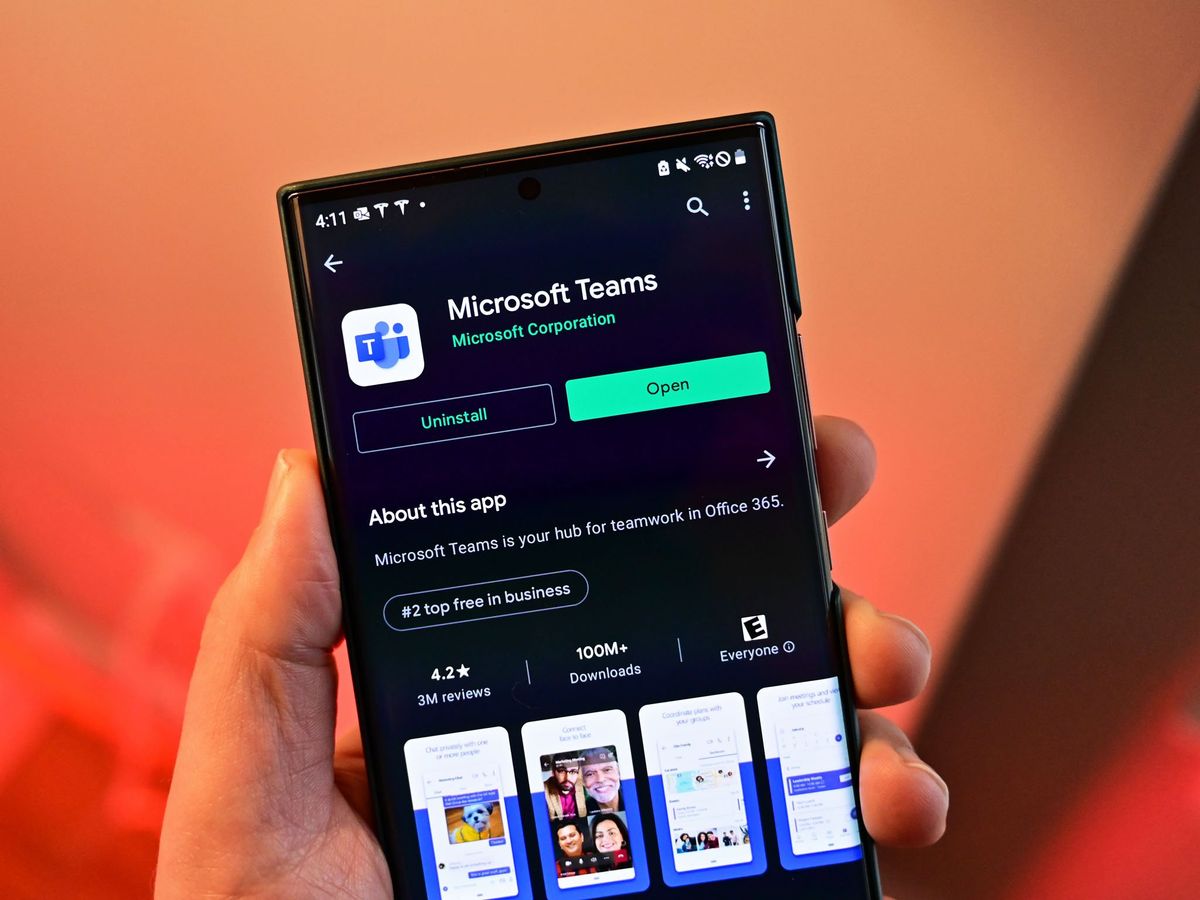Microsoft is speeding up the process of monitoring employee communication
Microsoft 365 will dramatically cut down the time it takes to start an investigation about potentially inappropriate messages.

What you need to know
- Microsoft is speeding up the process for reviewing inappropriate messages within Microsoft 365.
- It currently takes up to 24 hours to move from detection to investigation, but that time will be cut down to less than one hour.
- Organizations can monitor communication through Microsoft's apps and services to watch for criminal behavior, bullying, or any messages that are deemed inappropriate.
Microsoft is working to improve the turnaround time of investigations. Messages sent through Teams, Yammer, email, and third-party communications within an organization can be monitored, and custom policies can be put in place to determine the types of messages that may be inappropriate. Messages that get flagged by the system can then be looked at by reviewers.
The process of moving from detection to investigation currently takes up to 24 hours, but that time will be cut down to just one hour or less in the near future.
The change is outlined on the Microsoft 365 roadmap. "This feature will reduce the detection to investigation time to under an hour, allowing your organization to respond to communication compliance alerts promptly," reads the entry (via TechRadar).
Microsoft is set to deliver speedier investigations for messages by April 2022, but that isn't a firm date.
Organizations can monitor messages for a variety of reasons, such as keeping an eye out for bullying or harassment. Content can also be scanned for security reasons, like watching for attackers that can try to coax data from employees. Companies can enforce regulatory guidelines using communication compliance in Microsoft 365 as well.
A support document from Microsoft outlines use cases of community compliance and the capabilities of the feature.
The concept of monitoring employee communication is controversial and considered an invasion of privacy by some. It is, however, relatively common in modern workplaces, especially as hybrid and remote work become more common.
Get the Windows Central Newsletter
All the latest news, reviews, and guides for Windows and Xbox diehards.

Sean Endicott is a tech journalist at Windows Central, specializing in Windows, Microsoft software, AI, and PCs. He's covered major launches, from Windows 10 and 11 to the rise of AI tools like ChatGPT. Sean's journey began with the Lumia 740, leading to strong ties with app developers. Outside writing, he coaches American football, utilizing Microsoft services to manage his team. He studied broadcast journalism at Nottingham Trent University and is active on X @SeanEndicott_ and Threads @sean_endicott_.